After some recent tests where my doctor specifically wanted me in a histamine flare, I've got some calming self care to do. So other than managing my stress levels - well, as best I can - it's also been a time to return to my MCAS toolkit.
Below are a selection of the many gadgets I've adopted into my life over the years, some of which I use more than others, depending on the time of year. Living with MCAS (Mast Cell Activation Syndrome) means facing a daily puzzle of symptoms that can range from mildly annoying to downright debilitating.
Finding ways to alleviate my symptoms without triggering further reactions is key to maintaining my quality of life, and likely yours, too. From combating dry eyes to easing untimely hot flashes, each product has become a crucial part of my symptom-managing arsenal (especially as the seasons change).
Please also keep in mind that these are tricks, tips, and tools that have worked well for me and help me manage a histamine flare, but they don't cover every symptom and will NOT work for everyone - if you're unsure about anything, please consult your doctor.
Medical Disclaimer: as with everything on this site, this article is provided for information only. I strongly urge you to speak with your doctor or a licensed medical professional in order to assess whether or not you have histamine issues and/or other medical issues.
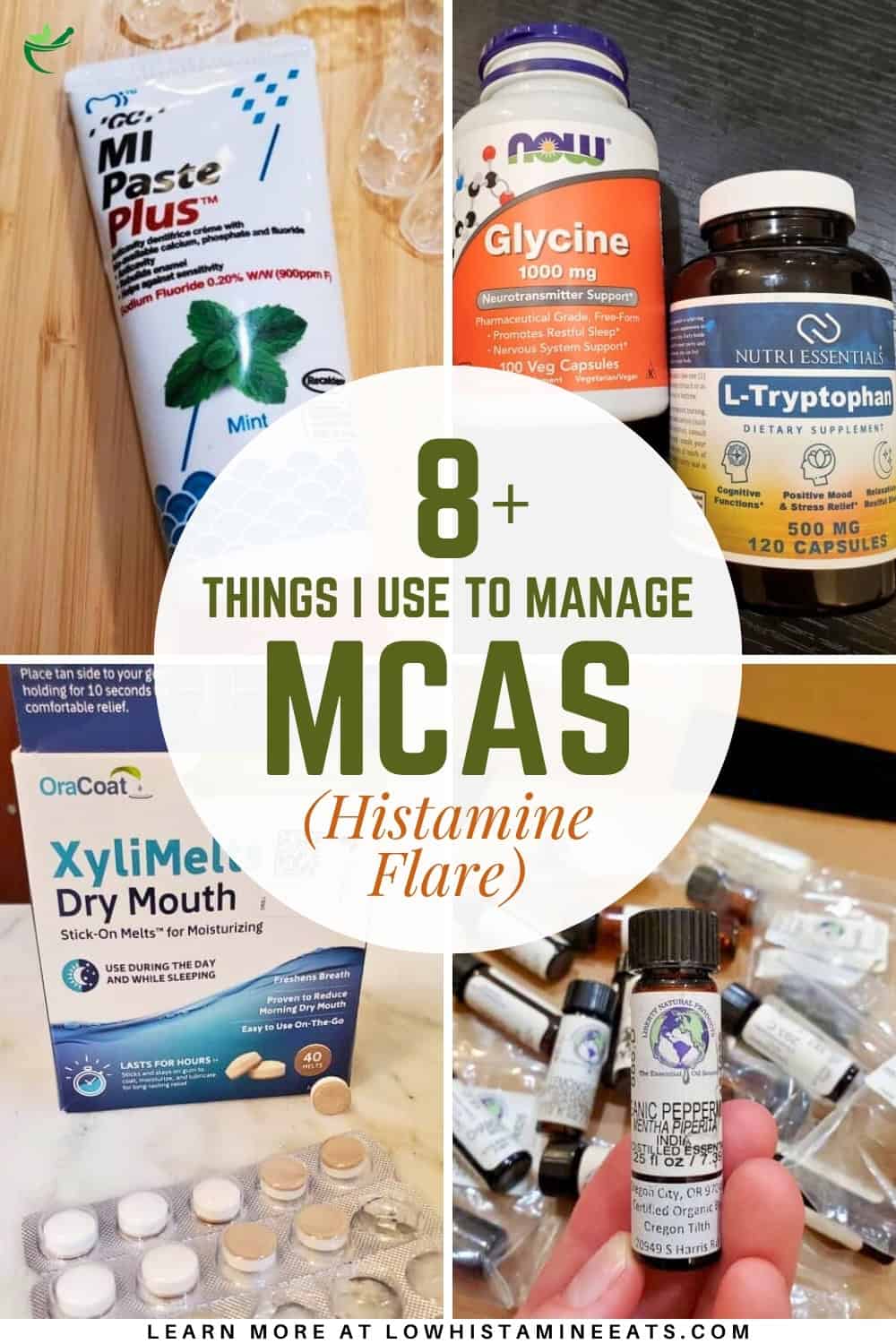
Jump to:
🥵 For Hot Flashes
I seem to have a heightened response to temperature changes during an MCAS flare, and ice packs are my go-to when having hot flashes. I've found that the easiest way to consistently cool down my entire body is from the head down, with these loose-fitting head ice packs.
The cooling effect combined with the smooth fabric on the outside make them both comfortable and comforting, combatting the intense and sudden warmth that characterizes MCAS hot flashes. I swear I can hear myself sizzle, some days.
If you've never tried using an ice pack on your head (or mid-back), they help by stabilizing the body's reaction by reducing the dilation of blood vessels and the sensation of heat, offering a non-pharmaceutical method of management. When not near a freezer, running cold water or holding a cold can on both of your wrists can also provide immediate relief.
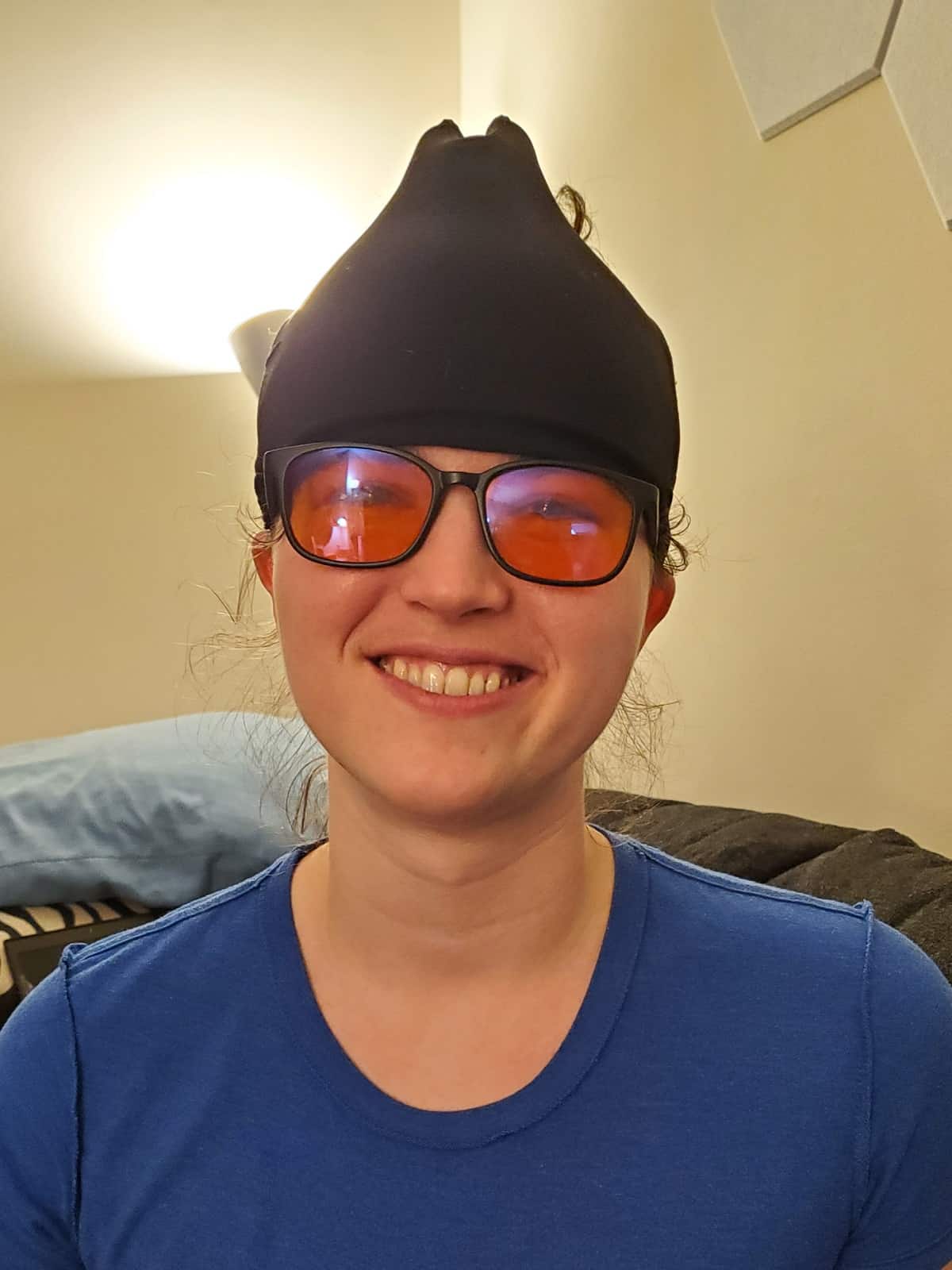
😎 For Light Sensitivity
MCAS can make us more prone to light sensitivity, which can come and go for some, but may also trigger headaches or migraines. Well-made blue light glasses filter out the harsh spectrum of light emitted by screens and artificial lighting that can exacerbate these symptoms, and make it more bearable to function in the world when you just have no other choice.
Regularly wearing blue light glasses can help reduce eye strain and protect against light-induced discomfort, meaning a reduced risk of triggering headaches. I wear mine every night after 8pm or 9pm.
😒 For Dry Skin
For the excessive dry skin associated with MCAS - and even with taking the high doses of antihistamines most of us are on - pure cocoa butter, shea butter, or jojoba oil can provide intensive moisture with staying power, especially for areas like the hands and arms.
All of these natural emollients are ideal for managing straightforward dry skin and can also aid in soothing eczema, though they won't fully resolve it (talk to your doctor about a prescription cream if your eczema is flaring badly). Note that it's important for individuals with MCAS to patch-test any new product to ensure it doesn't trigger symptoms (or just generally irritate you further).
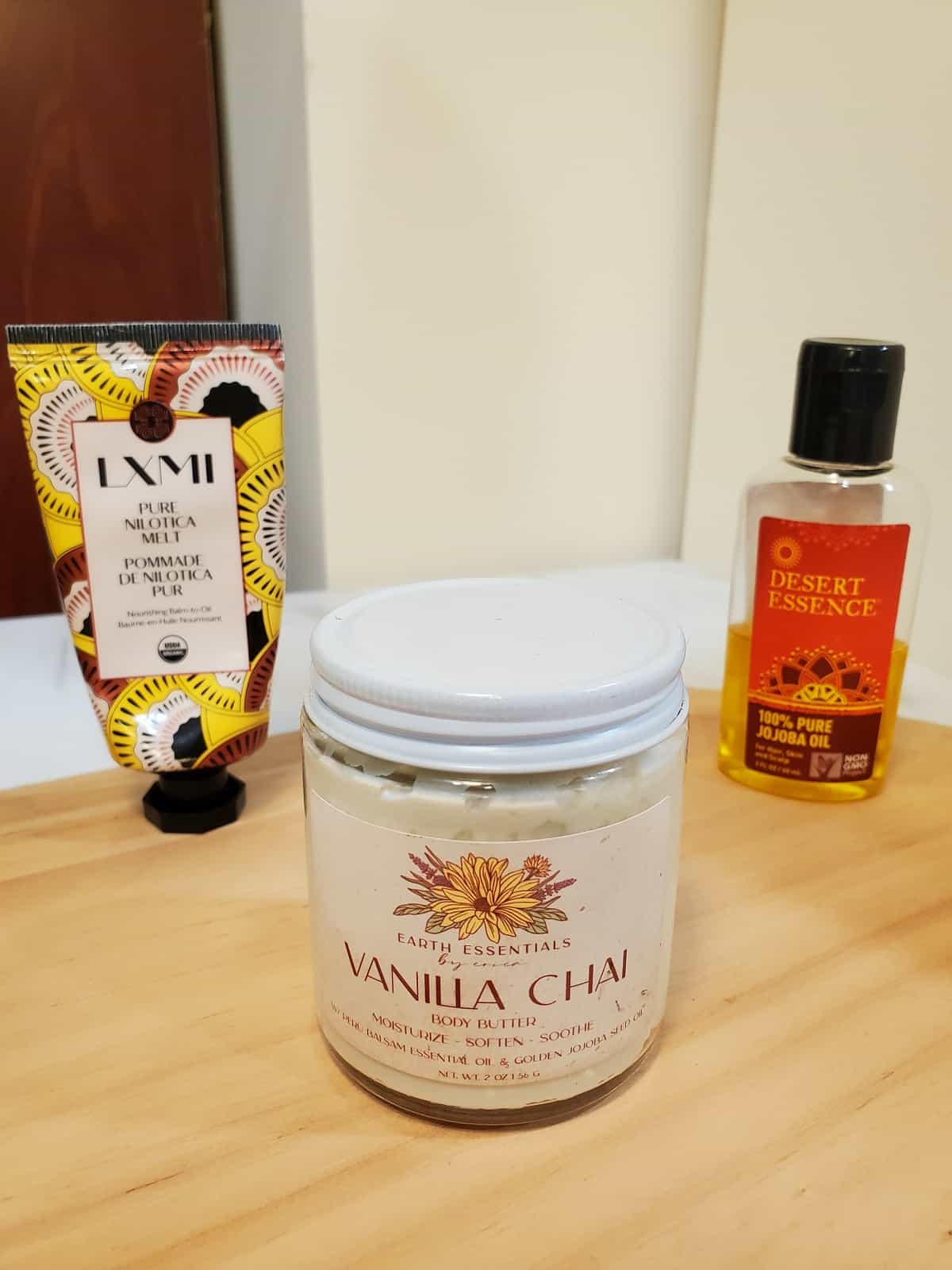
😩 For Sensitive Skin
Sensitive skin is a common issue for masties, and plain cotton clothes offer a soft and hypoallergenic option, reducing the potential for irritation. Cotton's breathability also helps prevent overheating - which can trigger MCAS symptoms - making it an ideal fabric choice when you're in a flare or not.
👀 For Dry Eyes & Mouth
Though they're not the solution for everyone, I've found these xylitol sticky melts to be a lifesaver for managing the dry mouth I get from my MCAS meds. By slowly releasing xylitol while I sleep, they can stimulate saliva production, providing much-needed moisture and relief.
Pairing these with lubricating eye drops throughout the evening and just before bed addresses the discomfort of dry eyes, ensuring my eyes are sufficiently protected during sleep, a time when symptoms can otherwise worsen without active management. Anyone else hate waking up with their eyeballs stuck to their eyelids? 🙋
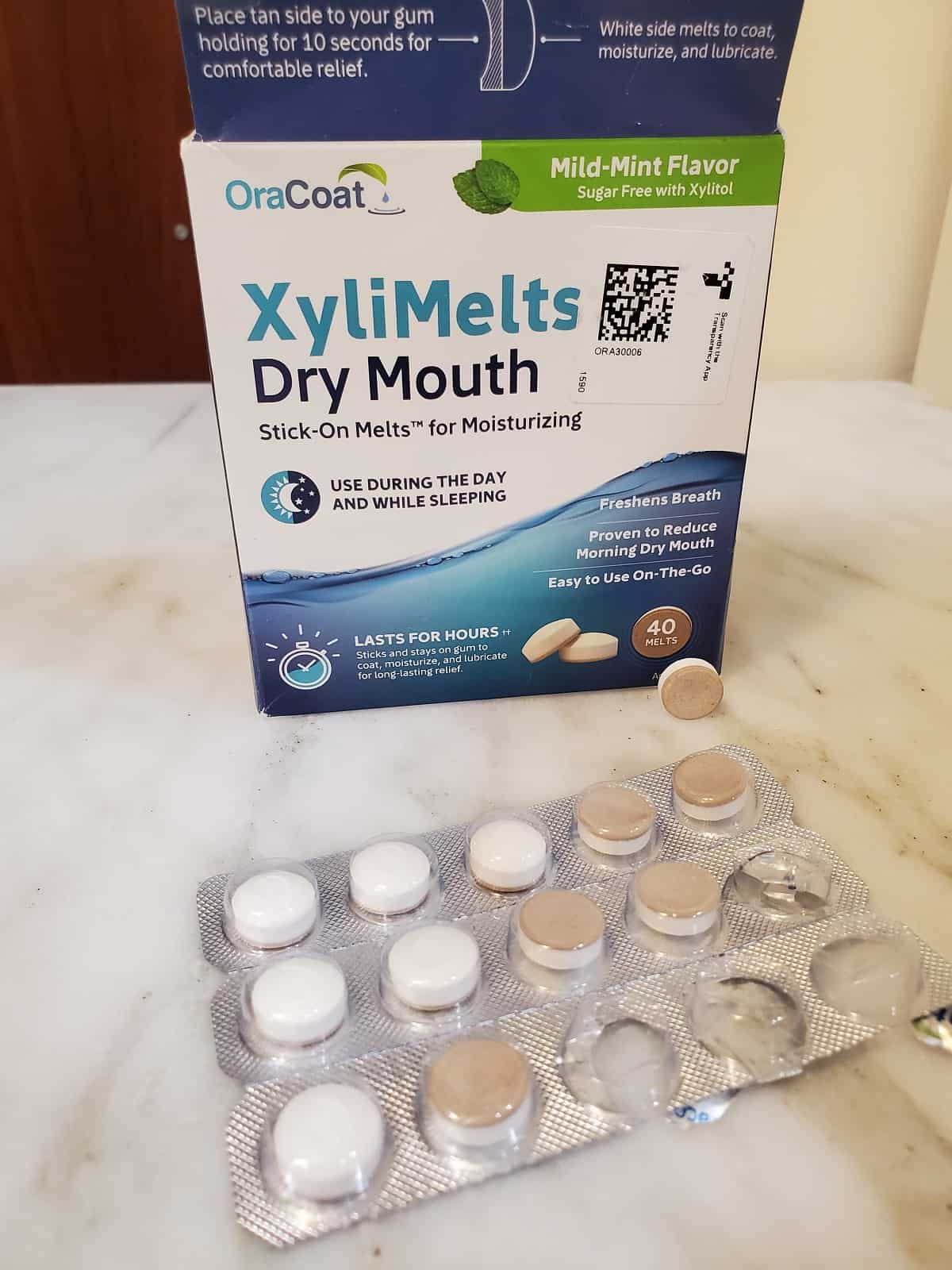
🔔 For Tinnitus
Tinnitus can be a particularly distressing symptom of MCAS, and I've had it to a low degree for years. Apps like Insight Timer (my favorite) or Calm (a popular pick) offer a variety of soundscapes and meditations that can mask or shift focus from the ringing in my ears and promote relaxation, especially before bed.
By simultaneously diverting attention away from the tinnitus and reducing stress, these apps can be an effective tool in managing MCAS symptoms, though it certainly won't cure them.
😵 For Dizziness and Nausea
I've found that aromatherapy using fine-quality candles and essential oils can be soothing when I'm experiencing dizziness or nausea, or even need help calming down before sleep. Gentle scents from non-irritating sources can provide a sense of relaxation and well-being, especially if you associate them with a specific calming memory, but it's crucial to ensure that the scents used do not trigger an MCAS reaction for you.
I've been getting my essential oils exclusively from Liberty Natural for over 10 years (even while living abroad!), and though their packaging has changed over the years, they've maintained their remarkable quality throughout that decade-plus. All of my candles come from a company local to the Washington D.C. area called Chix & Wix; they only use beeswax and coconut oil as well as burn-safe fragrances.
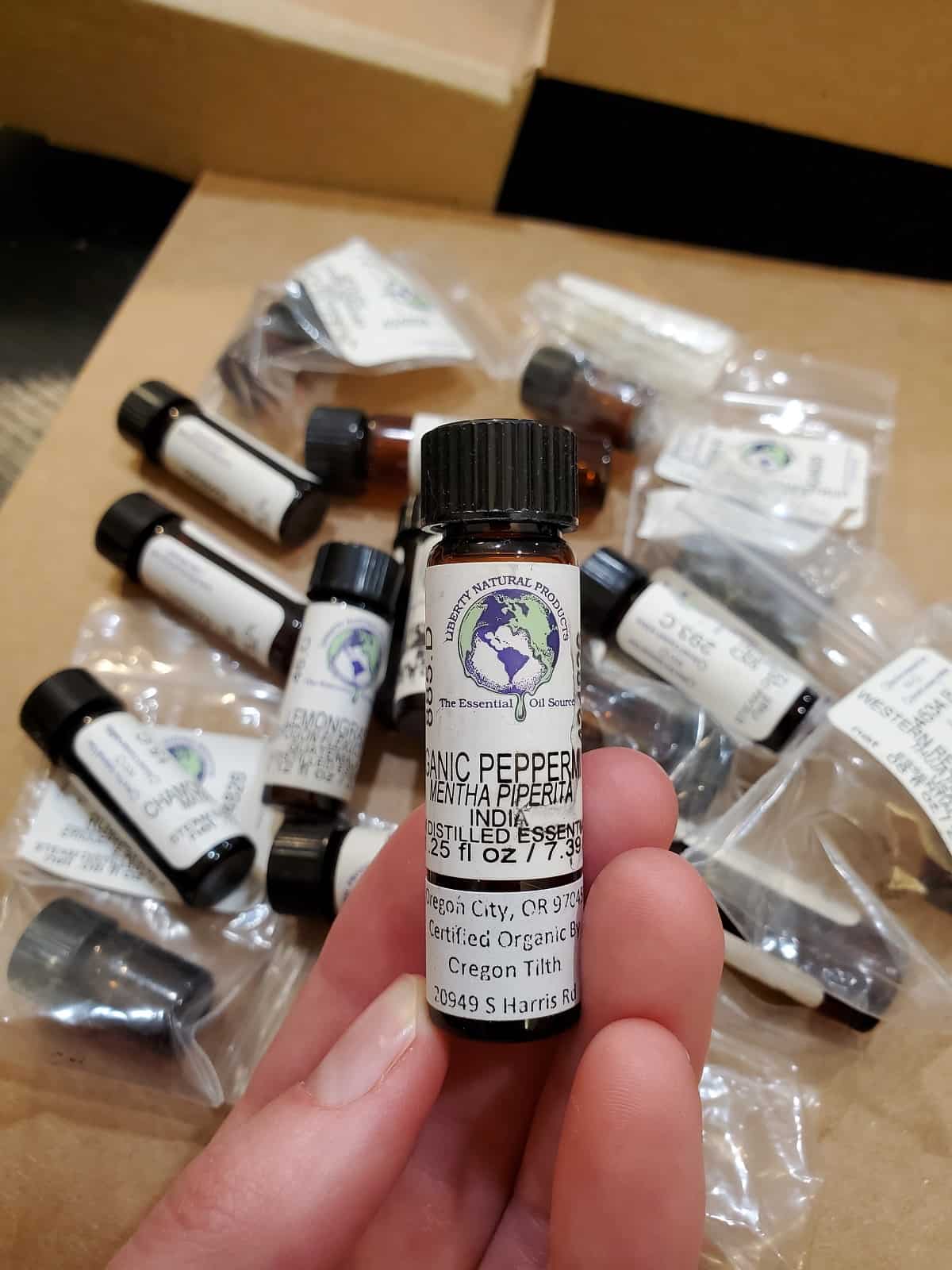
😴 For Insomnia
Most of us are very familiar with how Benadryl, an over-the-counter antihistamine, can help with insomnia by blocking excitatory histamine, thus having a sedative effect. But have you ever tried using amino acid supplements?
Amino acids are best known for being the building blocks of protein, but did you know that these building blocks are also used to make other molecules? These include the neurotransmitters (brain chemicals) which affect our moods and even our sleep-wake patterns - histamine itself is a neurotransmitter, produced from the amino acid histidine.
Reading the book The Mood Cure by Julia Ross in 2021 absolutely transformed how I manage the mood swings and insomnia I felt ruled by at the time. Over the years I've used l-theanine, d-/l-phenylalanine, and l-tyrosine, but these days I only regularly use l-glycine and l-tryptophan, both of which can support relaxation and sleep (they help to balance GABA and glycine as well as serotonin and melatonin, respectively).
For those with MCAS, these supplements may help regulate sleep patterns that are easily disrupted by the condition, although it's incredibly important to consult with a healthcare provider to ensure they're appropriate for your individual situation. They are just protein, but they can interact with lots of medications, so please work with a doctor to see if they can help you.
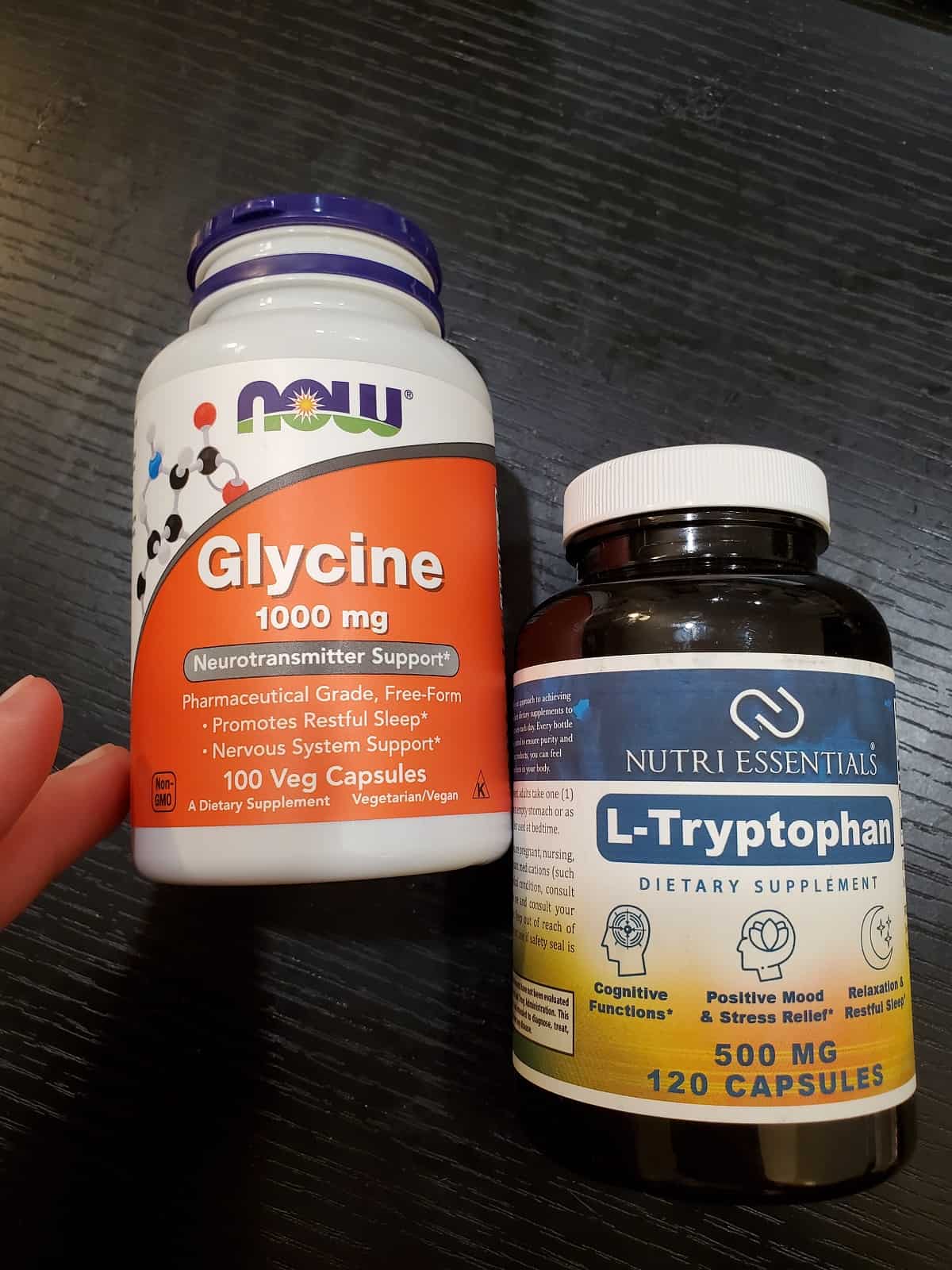
🤧 For Nighttime Reflux
For years I just stuffed a couple pairs of jeans under my pillow to elevate my head and limit damage from nighttime reflux. I figured, why spend even more money on something I can basically make myself? But finally getting a wedge pillow in 2021 was a game-changer.
By elevating the head and upper body, this height-adjusting pillow can help keep any acidic stomach contents from using gravity to flow back into our mouths at night. This reduces the occurrence of reflux and the associated discomfort, leading to a better night's sleep whenever you feel reflux bubbling up.
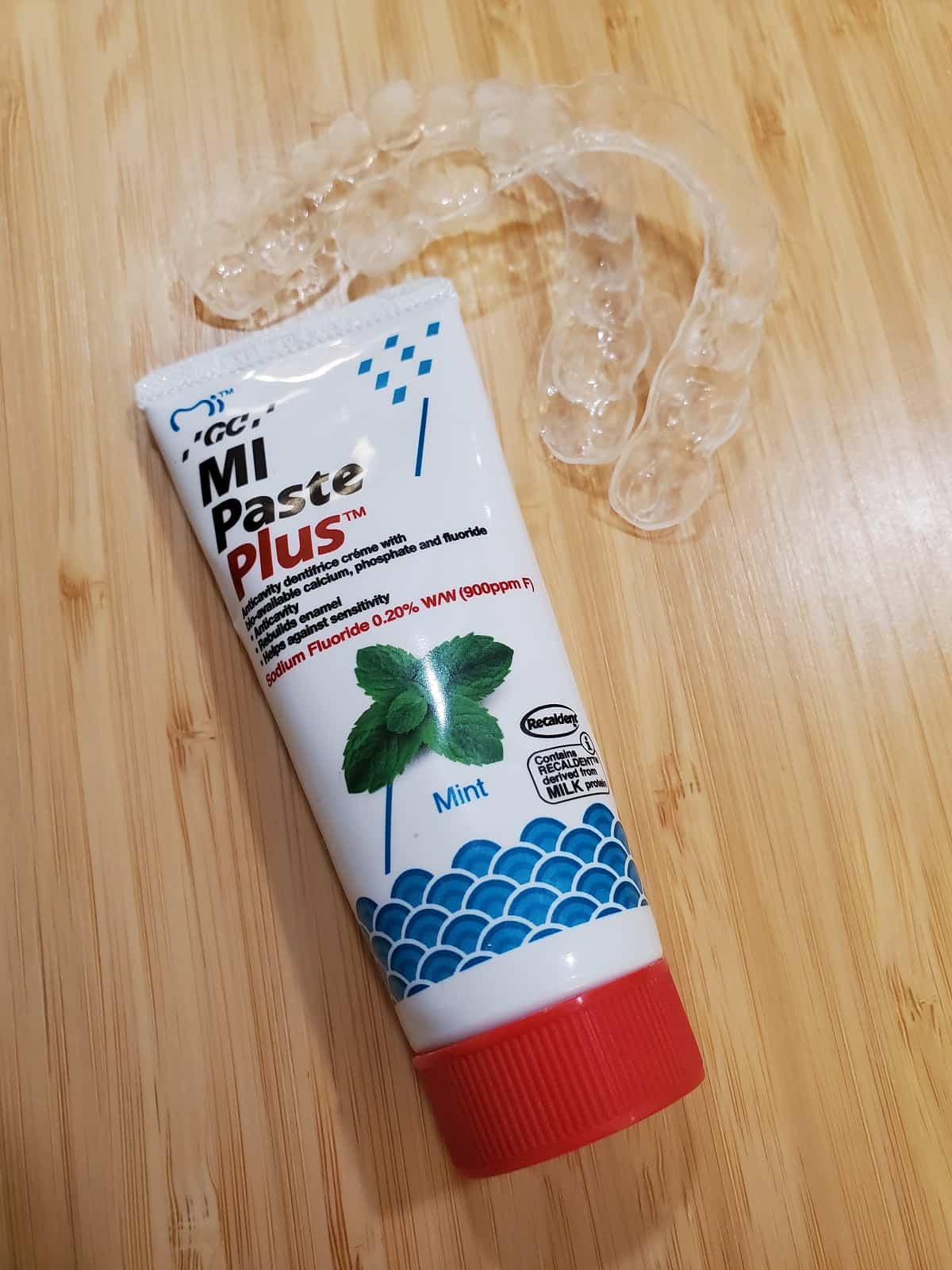
😁 For Tooth Pain (From Reflux)
The first symptom I ever noticed way back in 2017 was intense tooth pain - years later I realized this was due to nighttime acid reflux, which was caused by a cascade of other symptoms you can read about here. Unfortunately, years of highly acidic errosion caused weak enamel on my teeth (hence the pain), and multiple dentists recommended I try something called Tooth Mousse or MI Paste, which was then only available by prescription (you can now buy it intermittently on Amazon).
So in late 2019 I started using an intensive regimen of MI Paste once a night, and now I still apply it once every week or two as a maintenance dose (and three times a week if I'm in a histamine flare and know I'll have reflux). MI Paste (known as Tooth Mousse in Asia) is a specialized milk-derived paste that contains all the components of hydroxyapatite, the calcium crystals which make up the majority of your tooth enamel.
Using it can help remineralize teeth and alleviate pain from sensitivity caused by nighttime reflux, a symptom I know some fellow masties experience. It's important to note that MI Paste is not suitable for everyone, particularly those with allergies to milk and any of its other components - it should always be used under the guidance of a dental professional (ideally with a dental tray so as to avoid accidental swallowing).
Have anything to add? Please leave a comment if you've tried any of these hacks or have any others you've found work for you!

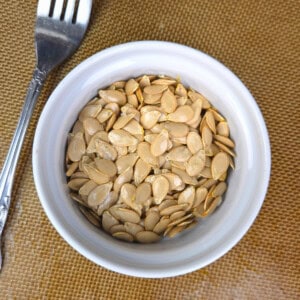
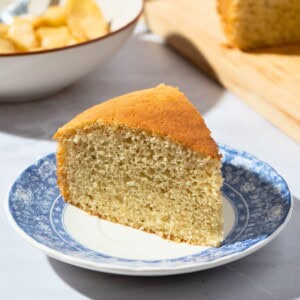

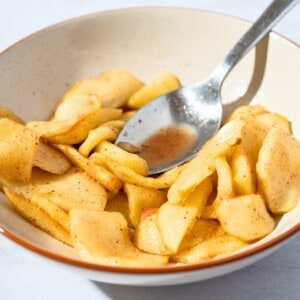
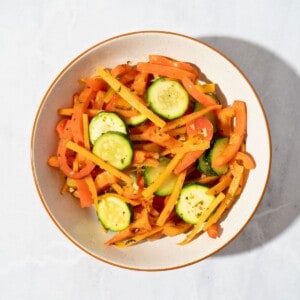

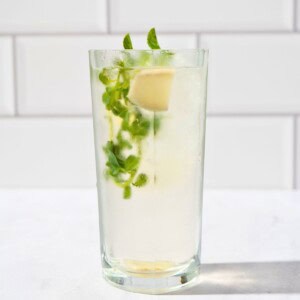
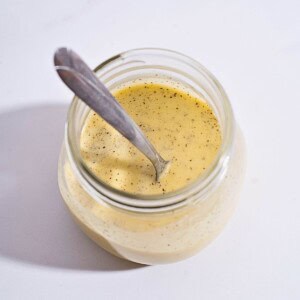
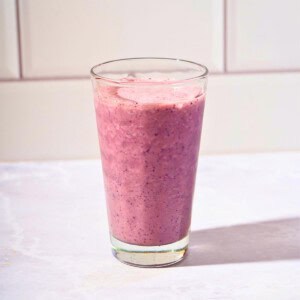
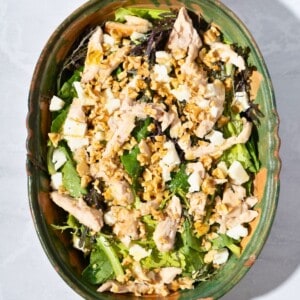
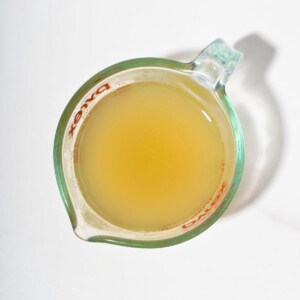
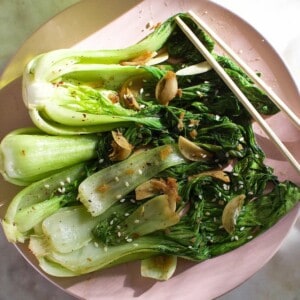
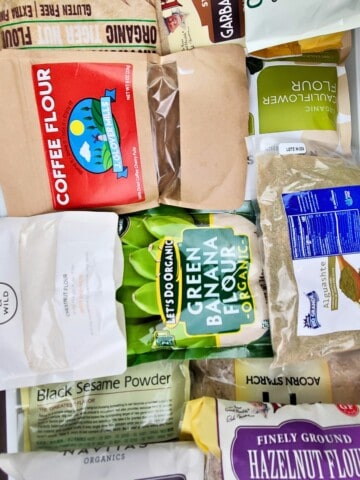
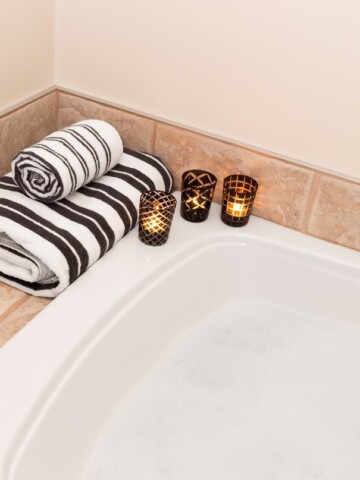
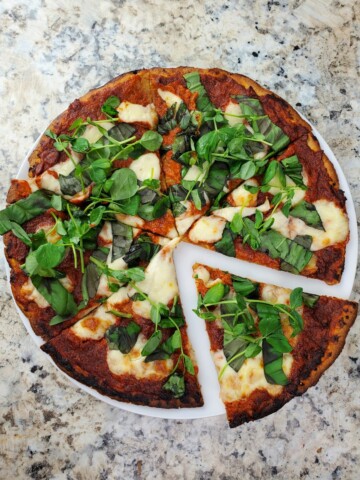
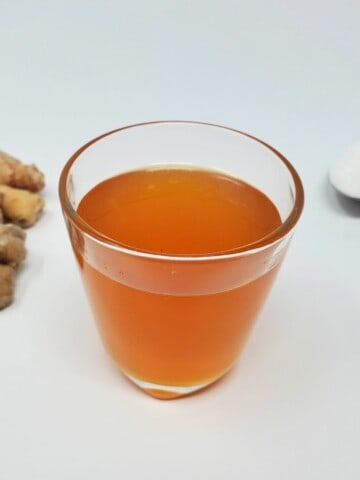
Jeanine says
For tooth pain I have discovered Arginine an amino acid supplement has been a game changer. I used to have gas and many different applications of dental analgesics to block the pain of having my teeth cleaned. When I could no longer purchase toothpaste with arginine in it, I switched to the capsules I purchased from Amazon. For the first time in 70 years I no longer needed any analgesic whatsoever to clean my teeth. My dentist has about 10 patients like me. She is now suggesting they give it a try. I will never stop taking this supplement. It works even better than the prescription toothpaste.
Max says
Arginine is great for blood flow! It is also now commonly added to tooth pastes for managing tooth pain, so I'm pleasantly surprised to learn it works as a regular supplement for that same use case, as well. I took it for several months when I was having numbness in my arms due to long covid, and it worked wonders for me - amino acids are an under-investigated, under-known treatment for a whole lot of issues we have (not to mention cheap, with very few/often no side effects!), and I'm so glad to hear you've found one that helps you so much. Thank you for sharing your experience, Jeanine!
Melanie says
Thank you so much for your informative, beautifully designed website, I finally understand what is going on with my body. Bless you!
Max says
Thank you very much for your kind words - they really mean a lot. I'm so glad you've found a place from which to start healing. 🙂
emma says
this was sooo helpful thank you max!!!
Max says
My pleasure, Emma! Thank you for your kind comment. 🙂